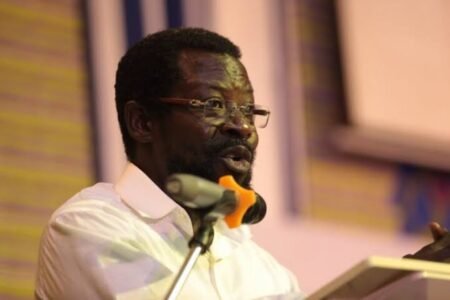North Korean soldiers are likely fighting in Ukraine alongside Russian troops, with some believed already killed and more expected to be sent, Seoul’s defence chief said Tuesday.
Ukrainian media reported this weekend that six North Korean military officers were killed in a Ukrainian missile attack on Russian-occupied territory near Donetsk on October 3.
Seoul’s defence minister, Kim Yong-hyun, told lawmakers Tuesday that it was “highly likely, considering various circumstances” that the report was true.
“We assess that the occurrence of casualties among North Korean officers and soldiers in Ukraine is highly likely, considering various circumstances,” he said.
North Korea is expected to send more regular soldiers to support Russia’s war effort, he added.
“The issue of deploying regular troops is highly likely due to the mutual agreements that resemble a military alliance between Russia and North Korea,” Kim said.
Experts have long said North missiles are being deployed in Ukraine by Russian forces — something both Moscow and Pyongyang have denied.
South Korea also claims Pyongyang has sent thousands of containers of weapons to Russia for use in Ukraine.
The nuclear-armed North has publicly bolstered military ties with Moscow in recent years.
President Vladimir Putin made a rare visit to Pyongyang in June, where he signed a mutual defence agreement with leader Kim Jong Un.
Analysts have warned that the recent ramped-up testing and production of artillery and cruise missiles by the North could be in preparation for shipments to Russia.
North Korea is barred by UN sanctions from any tests using ballistic technology.
But Moscow used its UN Security Council veto in March to effectively end UN monitoring of violations, for which Pyongyang has specifically thanked Russia.
North Korea is expected to scrap a landmark inter-Korean agreement signed in 1991 at a parliamentary meeting this week as part of Kim’s drive to officially define the South, Washington’s security ally, as an enemy state.
Moscow and Pyongyang have been allies since North Korea’s founding after World War II and have drawn even closer since Russia’s 2022 invasion of Ukraine.
AFP











